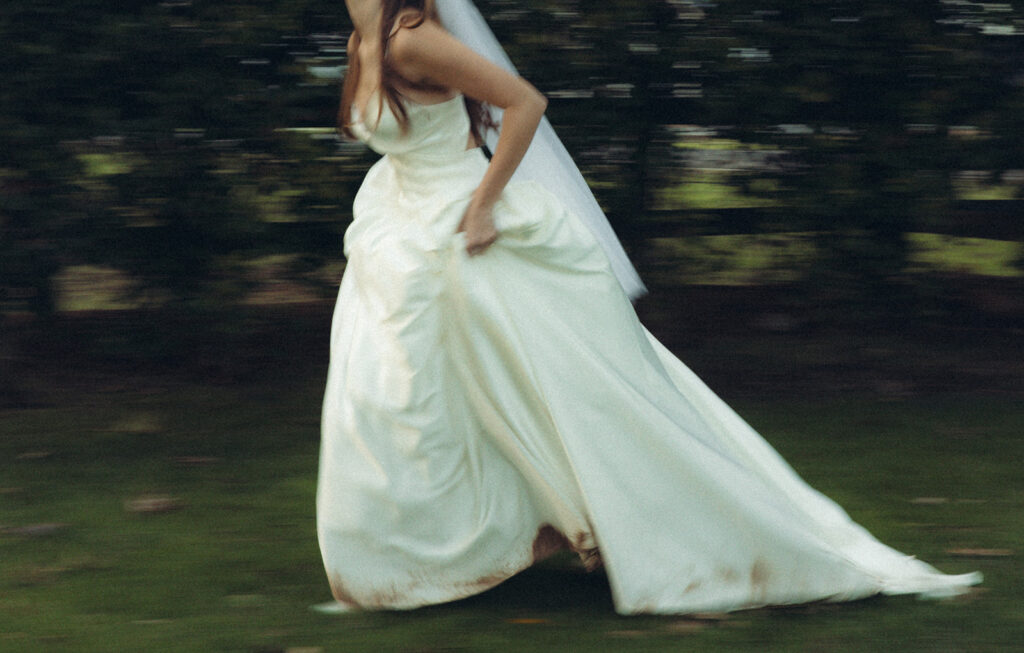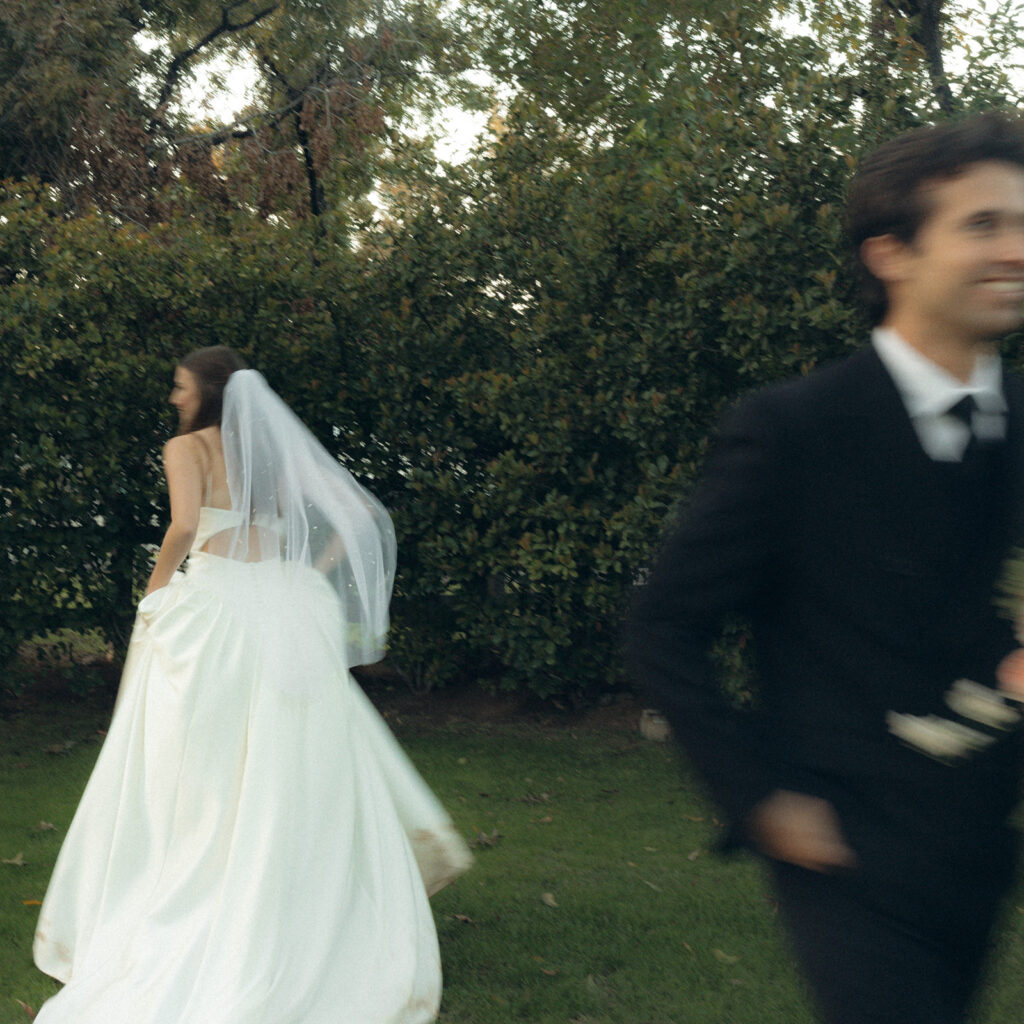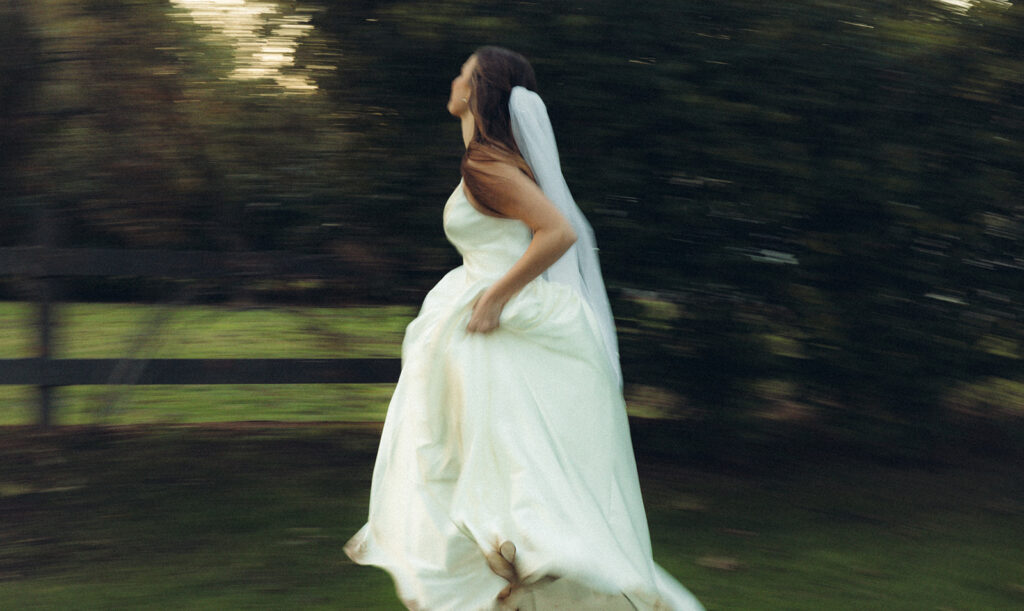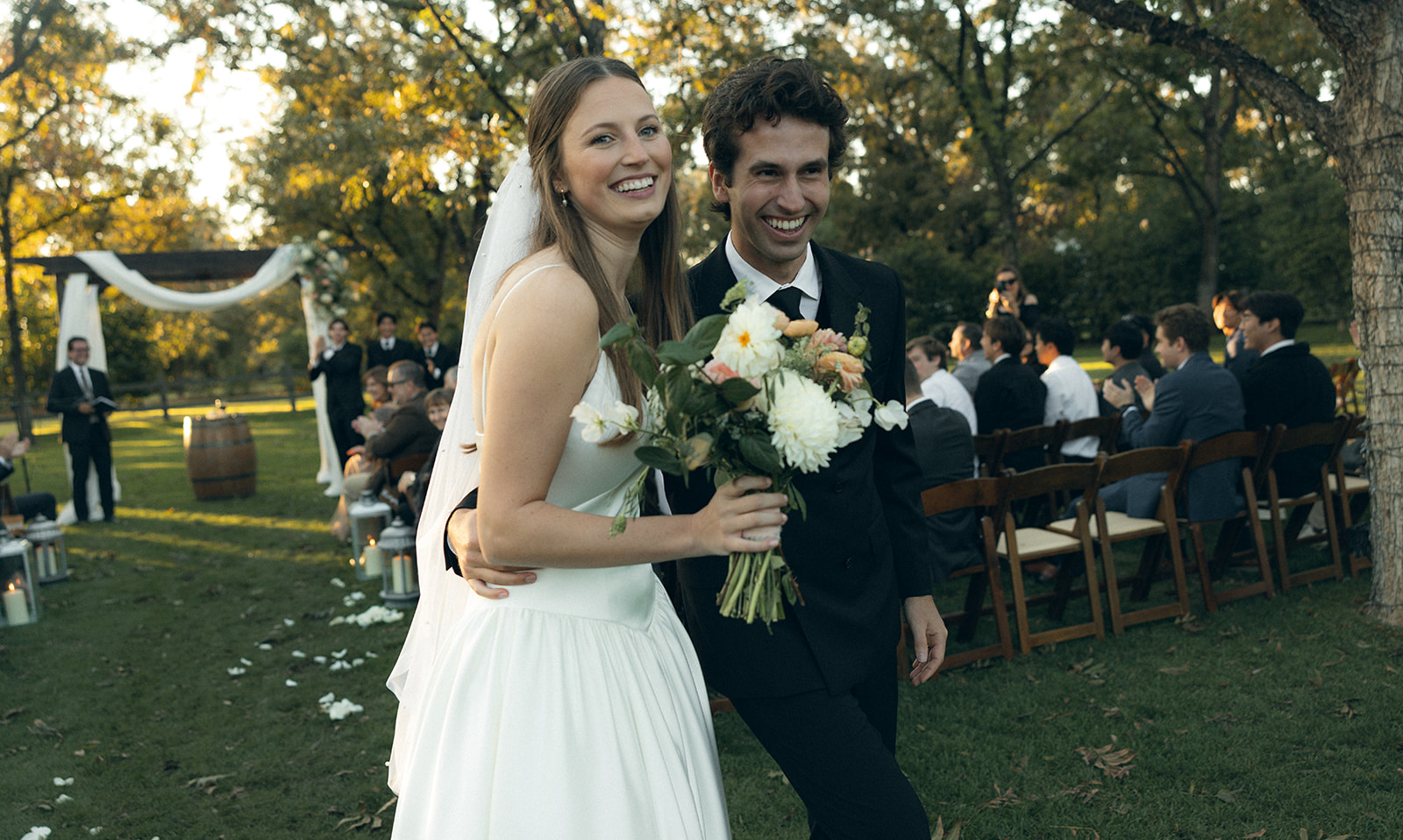When I first started my wedding photography business, I didn’t know where to start. I didn’t know how to properly pose the people I was photographing, which equipment I needed, and I certainly didn’t know how to shoot documentary-style photography. But as I grew in my photography career, something amazing happened. People started to ask for my advice. I began to get questions like, how much can a wedding photographer make in a year? Is wedding photography worth it? What makes a good photographer? And my favorite question to answer is, is wedding photography a good career?
You see, whenever you first start a business, you go through what’s known as the Transition Curve. The Transition Curve involves 5 stages: Uninformed Optimism, Informed Pessimism, Crisis of Meaning, Pit of Despair, and Informed Optimism. Later in this article, I will explain each of these in more detail, but the point of the matter is that as a new wedding photographer, you’re going to go through some different phases. And that is totally normal!
For me, I started out with lots of questions and I’ve come a long way. But as I continued in my photography career, I improved.
So what was it like?
What I want to do in this article is explain the intricate details of why I think wedding photography is a good career, answer some pertinent questions like how much can a wedding photographer make in a year, and how you can know for certain if wedding photography is worth it.



Question 1: Is Wedding Photography a Good Career?
In short, the answer is absolutely!
At least that’s what it’s like for me. I absolutely love wedding photography. In fact, I love photography of all sorts. But for me, wedding photography is a career that’s given so much back to me as a person. Wedding photography allows me to capture people in their most intimate moments.
But while this feeling is incredible, that doesn’t mean that wedding photography was all rainbows and butterflies, especially as I started.
Above, I mentioned the Transition Curve and its 5 Stages. I can certainly tell you that I’ve gone through this curve multiple times. The first time I went through this curve, I asked myself, is wedding photography worth it?
The Transition Curve for Photographers
Uninformed Optimism
I couldn’t have been more excited when I started my photography career. I already dabbled in photography and loved every minute. From the shooting to the editing to the final product, I loved everything about photography. At this stage in my life, I knew I wanted to become a wedding photographer. But there was one small problem. I didn’t know anything. I started out as an amateur.
Whenever you start something, it’s always easy to feel optimistic. It’s that feeling when you first start dating someone or a new job; you often feel that this is the perfect place for you at that exact moment. You can’t help yourself but feel optimistic about your future. The reason is because everything feels easy. Of course, you’ll do well; taking photos isn’t hard. Of course, you can book clients; you’ve already shot your first few.
And while this is such a fun stage, the inevitable happens. You either mess up, or you hit a roadblock.
Informed Pessimism
Usually, you start the informed pessimism stage with something small. You realize you aren’t as good at editing as you thought or that booking clients might take longer than expected. At this stage, self-doubt starts to creep in, but it’s not rock bottom. However, as more and more roadblocks build up, you start to have a crisis of meaning.
Crisis of Meaning
It’s at this stage you really start to question yourself. You start by asking if wedding photography is worth it? Can you actually manage a business AND do the work?
While many individuals think this stage is a bad thing, it’s not. In fact, it’s essential. A crisis of meaning sets you up to ask yourself the questions you didn’t even know to ask when you started out. At this stage, you start to reflect on the truly meaningful questions. The trap is in the next phase.
Pit of Despair
This is where everything goes downhill. In the Pit of Despair stage, you can feel like you don’t have what it takes and feel like you aren’t good enough.
I’m not a fan of this stage either.
The key during this stage is to focus on the small things you can control. I often read Teddy Roosevelt’s Man in the Arena, or watch Brent Brown’s Inner Critic Ted Talk. Usually, during this phase, things feel like they are much worse than they actually are. And it’s ok to feel this way. It’s totally normal. I remember when I felt like this early in my career.
But it’s during this stage that things start to change suddenly.
Informed Optimism
As I mentioned above, I had no idea what I was doing when I started. I look back on my first few photoshoots, and I can’t believe that’s the quality of work I produced. But at the time, I felt so proud of my photography.
As I went through the Transition Curve, I ended up in the Pit of Despair. Self-doubt was everywhere. But as I kept trying and trying, things started to feel easier. I had a better understanding of how to pose my couples. Editing took way less time than when I started, and I started to trust myself again.
I slowly became what I wanted to be. An expert.
As I continued in my career path, I learned something about myself each time I went through this curve. I got better at editing, improved my vision, and most importantly, became the confident photographer I am today.
Is Wedding Photography a Good Career: The Pros
Ok, now that you clearly understand what to expect when you start as a wedding photographer; let’s get into the nitty-gritty of what you can expect.
Pro: There’s Money to be Made
When photographers start, I always get asked how much a wedding photographer can make?
And while, we all love photography, which is why we do it, a girl’s got to pay the bills.
The short answer to this question is yes, wedding photographers can make great money.
While the salary may change depending on where you live, the average wedding photographer makes anywhere from $41,000 to $89,000 annually, and the top earners make over six figures.
Getting to six figures takes work, but it’s definitely attainable.
Pro: Flexibility of Schedule
Working on your schedule is part of the draw of becoming a wedding photographer. Unless you have a photo shoot or a client meeting, no one tells you when or where to work. You get to pick your schedule, whether an early riser or an evening owl.
Pro: It is What You Make it
Wedding photography provides you with a ton of flexibility in your schedule and how you want to grow your business. If you want your business to be a limited side hustle, perfect, there’s an opportunity. On the opposite end of the spectrum, if you want to grow your wedding photography business to be a full professional career, you also have the opportunity to do that.
Regardless of where you want to take your photography business, you have plenty of options.
Is Wedding Photography a Good Career: The Cons
Con: Bye Weekends
When you’re starting out, you want to book as many shoots as possible. However, the downside to all these photoshoots is that most photo shoots get scheduled on weekends. Since the majority of Americans work a 9 – 5, booking a photo shoot mid-week is relatively rare. Most of your weekends are going to be earmarked for photoshoots. Overall, this isn’t bad since you will have a lot of flexibility midweek. But if you’re in a relationship, it can force you to juggle your weekend time.
Con: Less Photography, More Business
Now, this isn’t a con if you’re like me. In fact, running a business is a pro (what can I say, I’m a glutten for punishment). But for others, I understand that filing for and creating an LLC, bookkeeping, and paying taxes aren’t the most thrilling things in the world. If you’re truly looking to start a career in wedding photography as your own business, you’ll want to take the time to learn the essentials of running a business.
Con: Income Can Change
As with most businesses, wedding photography isn’t immune to seasonal changes. Depending on where you live, either the Spring and Summer are your busy months, or Fall and Winter are your business months. Regardless of where you live, there will be some slow seasons. This is especially true when you’re first starting out.
It can be a lot to temper your income expectations early on and spend wisely during the slow season.
However, as you grow in your business, the slow season will get shorter and shorter, and then you will welcome the slow season like the perfect gift, giving you time to recharge and relax.
Question 2: How much can a wedding photographer make?
Since we’ve gone through the basics of what it’s like to start a photography business and the pros and cons of becoming a wedding photographer, let’s dive into the finances in more detail.
I know I’ve covered the basics of a wedding photographer’s salary and how much a wedding photographer can make in a year, but let’s take a deeper dive into some of the upfront expenses a wedding photographer will have and how that will impact the overall annual salary.
Wedding Photography Salary: The Income
Let’s start with the fun stuff: the income. As a wedding photographer, what should you charge? What is an appropriate amount to charge for a wedding photographer?
The average wedding photographer will charge anywhere from $1,500 to $5,500. However, as you may know, pricing and value can change depending on the photographer’s skill set and desired outcomes.
On average, let’s say you charge $2,000 per wedding. To bring in $100,000 you’d need to shoot 50 weddings yearly.
In my opinion, this is a great place to start. As you improve, increase your prices. A good rule of thumb is that if you get three yeses in a row at your current price point, consider raising your fee.
Wedding Photography Salary: The Expenses
As with all business, you’re going to have expenses. Your expenses will range from photography equipment to car mileage.
Now, I’m not going to get into all of the details about taxes, write-offs, and how you should structure your LLC. However, a few startup costs you will incur include:
Camera: Cameras can range from the hundreds to the thousands. Starting off, you can expect to spend anywhere from $200 to $600 for your first camera. Oh! And if you want some recommendations, shoot me a message on Instagram! I’d be happy to shoot (pun intended) you in the right direction.
Computer Equipment: Once you’ve got your camera set, you will want a computer to be able to handle the workload of editing photos. Since you will be shooting your photos in the RAW format, your photographs will be pretty large. I highly suggest getting a good computer to handle the workload to compensate for the large file sizes. Most wedding photographers work off of Macs. However, it’s not a necessity. The main thing you want is a large hard drive, at least 1 TB, and at least 8 GB of RAM (16 GB is more optimal).
Software: You will need some editing software to bring it all together. While there are many photo editing software programs out there, the one you want to use is from Adobe. In fact, I suggest doing yourself a massive favor and just picking up the Adobe Creative Suite. It will come with everything you need and more.
Other Hardware: Finally, to support your computer and camera, you will want to pick up some hardware. A few items include memory cards (trust me, you’ll want lots), an external hard drive, and backup batteries.
Other Expenses: The items above are everything you need to get started; however, if you’ve ever started a business before, you know there’s more to it than that. Other expenses you will incur when you start are your website domain, a website theme, and business startup costs. All of these things will vary depending on the state you’re located in.
Now that everything is here, let’s break it down with some basic math.
Upfront Expenses:
- Camera: $500
- Computer: $1,200
- Software: $720 per year
- Other Hardware: $500
- Startup Costs: $700
Total Upfront Expenses: $3,620
Now, all of the expenses are ballpark estimates. You can spend less than this, and you certainly can spend more. However, the point is that you can see that you won’t start making up for your upfront costs until your third wedding based on the figures above.
As I said, I’m not going to get into taxes and write-offs, but that is an additional layer that plays a role in your annual salary.
Wedding Photography Salary: Your First Year
Starting any business isn’t easy. No matter what the latest influencer or business coach tells you, your first year will take work. But as you can see, the math works out, and you can expect to make between $41,000 and $89,000 in your first year as a wedding photographer.
As you continue to grow in your career, this number can and should certainly increase.
Question 3: Is Wedding Photography Worth It?
Wedding photography isn’t for everyone. There’s a lot of ups and downs. However, as a career, there’s nothing I’d rather be doing.
Is wedding photography worth it? If you’re willing to work, learn, and grow, absolutely.
There isn’t a career that’s been more satisfying than the one I’m in now. In fact, wedding photography has made such a difference in my life that I love to pay it forward. That love of paying it forward includes wedding mentorships, photography presets, and downloadable freebies for wedding photographers.
If you’re ever struggling with what to do in your wedding photography business and what you should do to grow your business, don’t hesitate to reach out. I’d love to hear from you.

View comments
+ Leave a comment